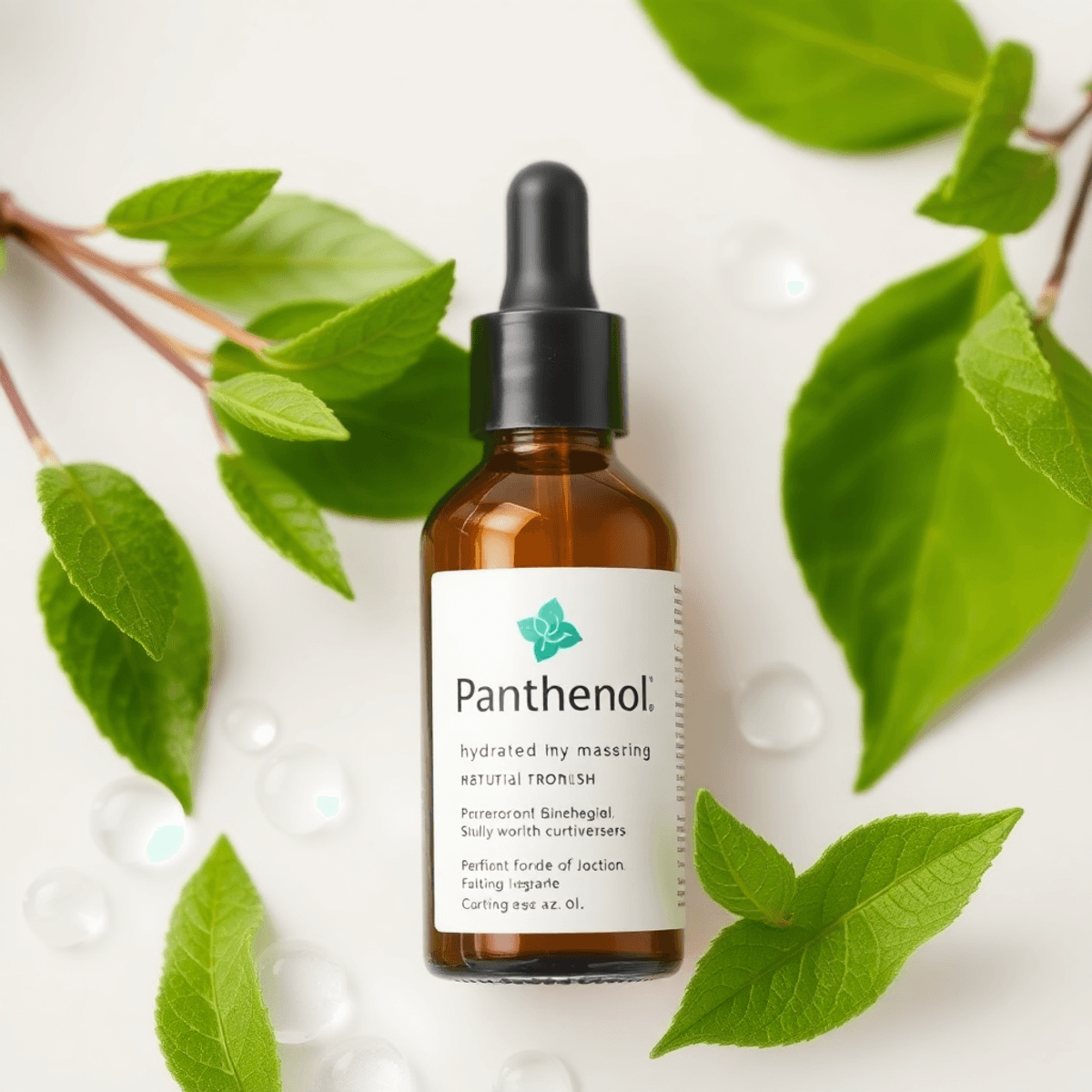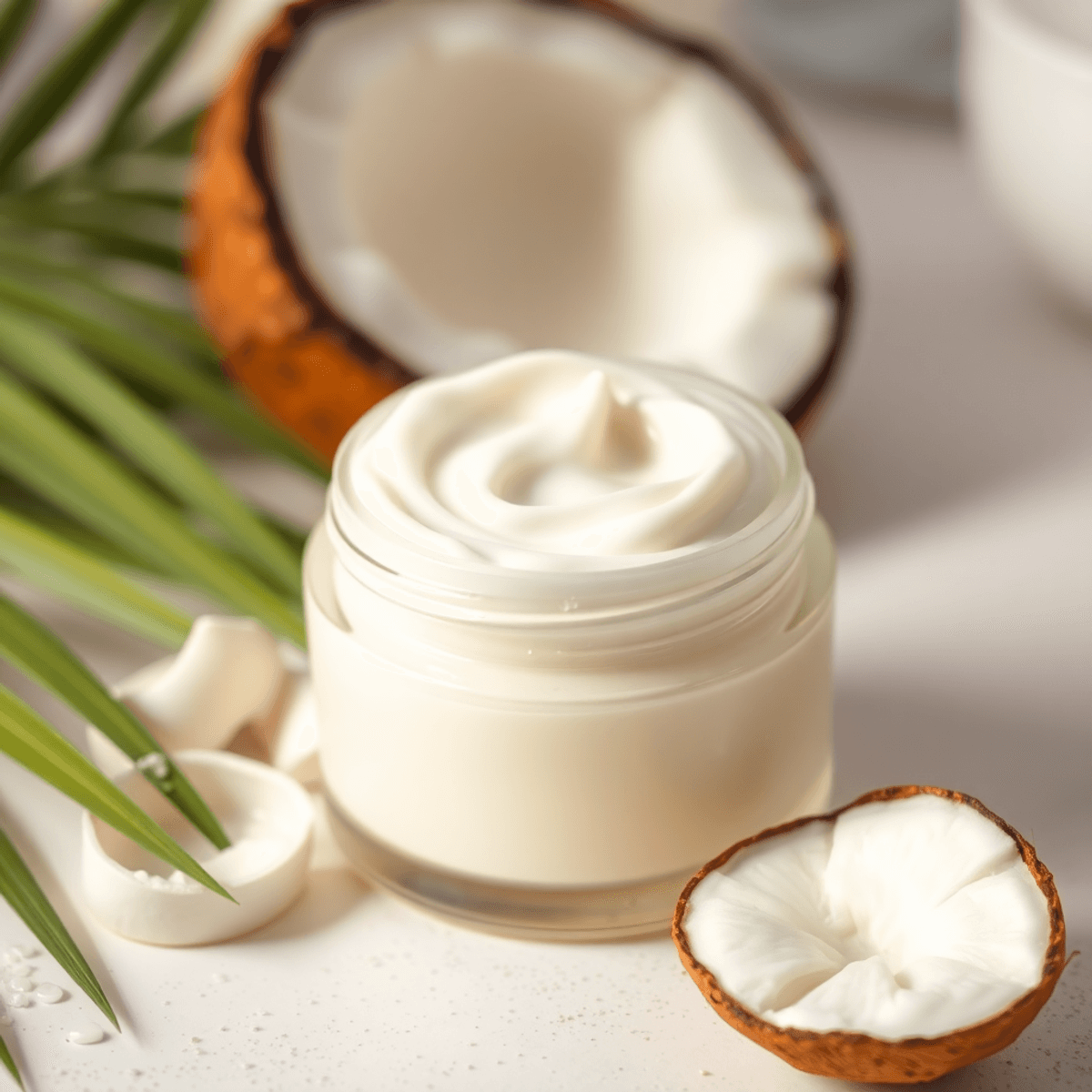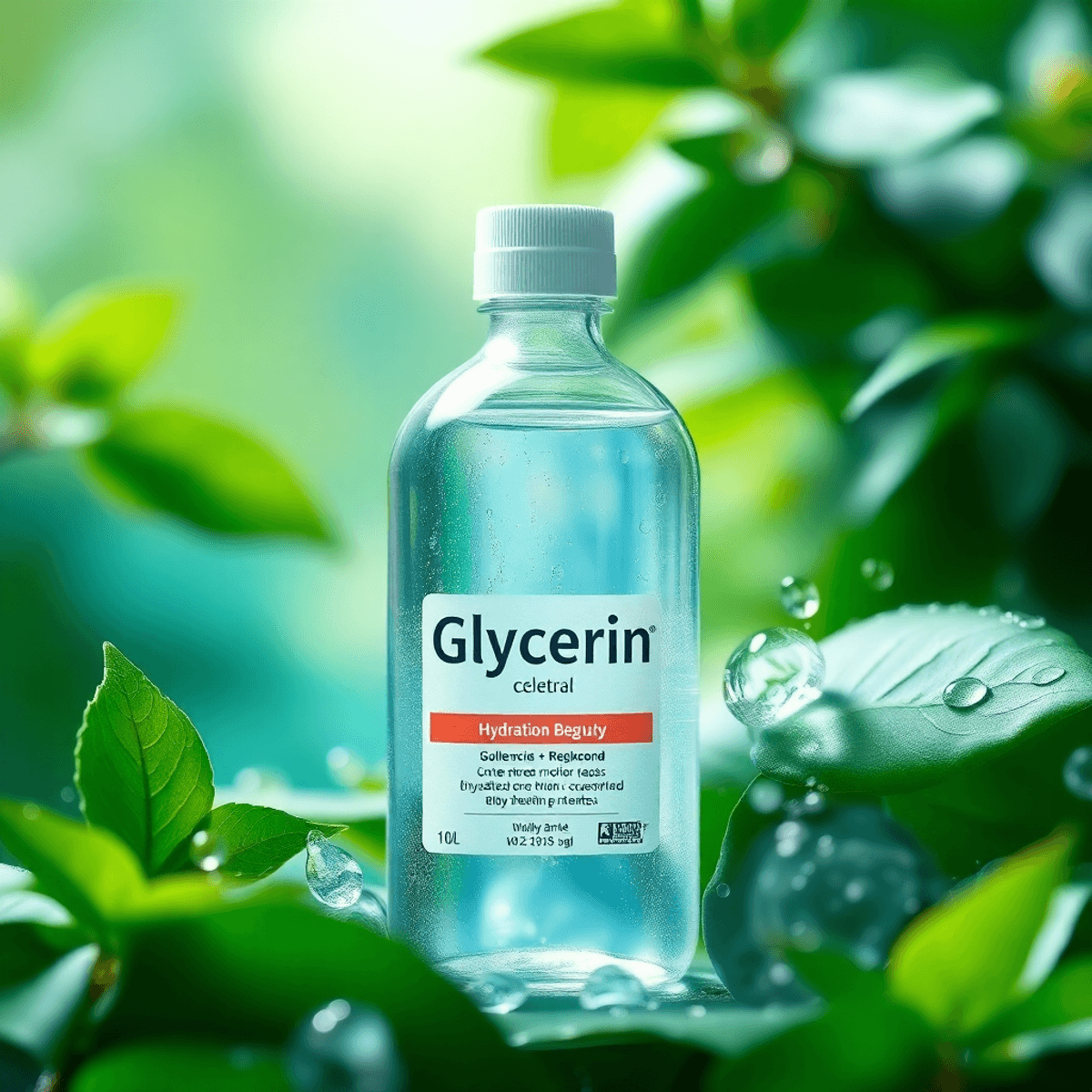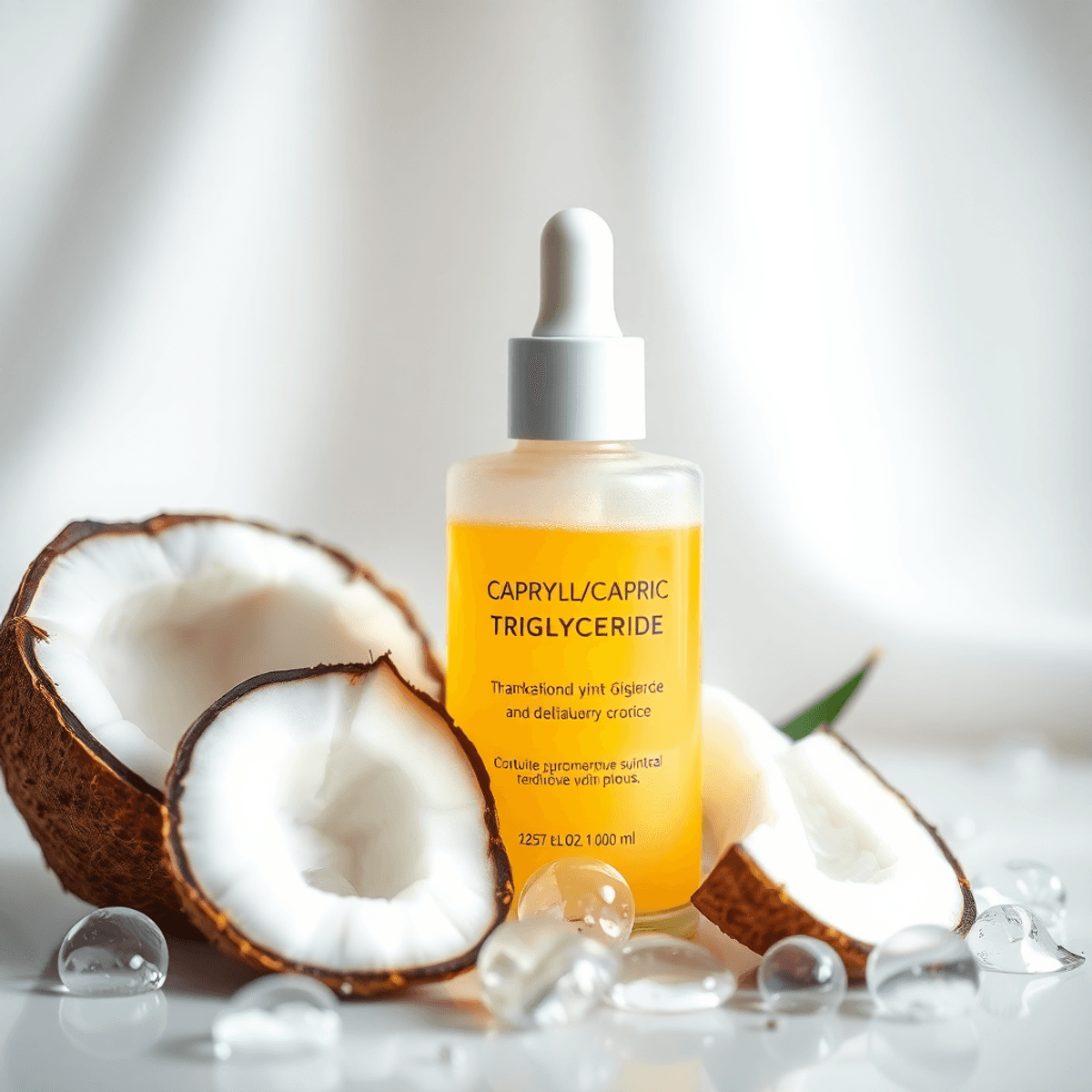The Benefits of Castor Oil for Eczema Relief

Introduction
Eczema is a common skin condition that affects millions of people around the world. It is characterised by dry, itchy, and inflamed skin. This chronic condition can be disruptive to daily life and difficult to manage. Many people seek relief by trying different treatments, including natural remedies like castor oil.
Can castor oil help treat eczema? This question has sparked the interest of those looking for alternatives to traditional methods. Castor oil, which comes from the seeds of the castor bean plant, contains beneficial compounds such as ricinoleic acid. Its potential as an eczema remedy lies in its ability to moisturise and soothe the skin, providing much-needed relief.
Exploring natural treatments for eczema relief is important for several reasons:
- Holistic Approach: Many individuals prefer remedies that align with their lifestyle and beliefs.
- Side Effects: Natural options often have fewer side effects compared to pharmaceutical treatments.
- Accessibility: Castor oil is widely available and affordable, making it an accessible option for many.
While castor oil may not be a scientifically proven cure for eczema on its own, it offers an interesting possibility for those seeking natural ways to relieve symptoms. However, it's essential to remember that complementary treatments such as specialised creams and body washes designed specifically for eczema can also provide significant relief. These products are formulated with natural ingredients that help soothe and heal the skin, making them suitable for people of all ages including babies, children, and adults.
Understanding Eczema
Eczema is a common skin condition that affects millions of people around the world. It is an inflammatory skin condition characterised by the skin's inability to retain moisture, which often results in dry and cracked skin. The exact causes of eczema are not fully understood but are believed to be a combination of genetic factors and environmental triggers such as allergens, stress, and certain irritants.
Common Symptoms of Eczema:
- Dryness: The skin becomes rough and lacks natural moisture.
- Itchiness: An intense urge to scratch, which can worsen the condition.
- Inflammation: Redness and swelling are typical as the body reacts to irritation.
Eczema is a prevalent condition, affecting approximately 10% of Americans. Its impact can range from mild annoyance to severe discomfort, highlighting the importance of finding effective ways to manage it. For those affected by this widespread condition, exploring potential remedies like castor oil becomes essential in improving their quality of life.
The Composition of Castor Oil
Castor oil comes from the seeds of the castor bean plant (Ricinus communis), which mainly grows in tropical areas. To make castor oil, these seeds are pressed to extract a pale yellow liquid that contains many beneficial substances.
Key Fatty Acids in Castor Oil
The main fatty acids found in castor oil are:
- Ricinoleic Acid: Making up almost 90% of the oil, this special fatty acid is known for its anti-inflammatory and antimicrobial properties. It can penetrate deep into the skin, making it especially effective for soothing eczema.
- Oleic Acid: Known for its moisturising and nourishing qualities, oleic acid helps maintain skin hydration, which is crucial in managing eczema symptoms.
- Linoleic Acid: This essential fatty acid helps strengthen the skin’s barrier function, reducing water loss and enhancing overall skin health.
The importance of ricinoleic acid in promoting healthy skin is particularly noteworthy. It not only hydrates but also calms irritated skin, making castor oil beneficial for relieving eczema. This composition highlights the potential advantages of using castor oil as a treatment for eczema and its effectiveness in alleviating symptoms related to castor oil dermatitis.
Benefits of Castor Oil for Eczema Relief
Moisturising Properties
One of the main reasons why castor oil is beneficial for people with eczema is because it has excellent moisturising properties. It works as an occlusive moisturiser, which means it creates a barrier on the skin that locks in moisture. This barrier helps to prevent water loss from the skin, keeping it hydrated—an essential factor in managing eczema symptoms.
Many people prefer using castor oil over other common moisturisers like coconut oil because of its natural thickness and viscosity. While coconut oil is known for its lightweight texture and quick absorption, it doesn't have the same heavy occlusive effect that makes castor oil unique. For individuals dealing with severe dryness or cracked skin caused by eczema, castor oil's intense hydrating abilities can provide relief that lighter oils may not offer.
- Castor Oil: Acts as an occlusive agent, sealing moisture into the skin.
- Coconut Oil: Offers quick absorption but lesser occlusion compared to castor oil.
This special property makes castor oil particularly helpful for people with contact dermatitis—a type of eczema characterised by red, itchy rashes caused by direct contact with irritants. The thick layer created by castor oil can soothe irritation and protect sensitive skin from further exposure to allergens or irritants.
Managing Inflammation and Irritation
In addition to moisturising, castor oil also has the potential to effectively manage inflammation and irritation—common challenges faced by those suffering from eczema. While its moisturising properties lay the groundwork, its additional benefits build upon this foundation to provide comprehensive skincare.
The advantages of using castor oil go beyond being an excellent moisturiser; they include a holistic approach towards addressing various aspects of eczema management. By understanding these properties, you can better appreciate why many people are turning to this natural remedy as part of their skincare routine.
Anti-inflammatory Effects
Castor oil has garnered attention for its potential anti-inflammatory properties, which may offer relief for those suffering from eczema. The key component responsible for these effects is ricinoleic acid, a fatty acid that constitutes approximately 90% of castor oil's composition. This compound is believed to penetrate the skin easily, providing soothing benefits directly to affected areas.
Mechanisms by which castor oil may reduce inflammation and irritation include:
- Inhibition of Prostaglandins: Ricinoleic acid has been shown to suppress the production of certain prostaglandins, which are lipid compounds involved in the inflammatory response. By inhibiting these substances, castor oil can help alleviate redness and swelling associated with eczema.
- Enhanced Lymphatic Function: There is evidence that suggests castor oil may promote improved lymphatic circulation, assisting in the removal of toxins and reducing skin inflammation.
Numerous studies have highlighted the anti-inflammatory potential of ricinoleic acid. One such study demonstrated its effectiveness in reducing inflammation in experimental models, showcasing its ability to soothe irritation and manage symptoms related to contact dermatitis.
For individuals exploring natural remedies, incorporating castor oil into their skincare routine may offer significant benefits beyond basic moisturising. These insights into the castor oil benefits for eczema underscore its potential role as more than just an occlusive moisturiser, but also as a valuable tool in managing inflammation and discomfort.
Antimicrobial Properties
Castor oil is not just a powerful occlusive moisturiser that provides skin hydration; it also offers notable antimicrobial benefits. These properties make it particularly beneficial for those dealing with eczema-prone skin, as infections can worsen the condition. The antimicrobial action of castor oil is mainly due to its rich composition of ricinoleic acid, which is known to inhibit the growth of certain bacteria and fungi.
In individuals with eczema, maintaining skin integrity is crucial to prevent infections. Castor oil's ability to promote wound healing and reduce the likelihood of infection can be a game-changer. This makes it an attractive option for managing conditions like contact dermatitis, where the skin barrier is compromised.
Several studies have highlighted the antimicrobial effects of castor oil. For example, research has shown its effectiveness against common pathogens such as Staphylococcus aureus, a bacterium often involved in eczema flare-ups. The evidence suggests that castor oil could play a supportive role in reducing microbial load on the skin, thereby assisting in overall eczema management.
By incorporating castor oil into your skincare routine, you might find additional support in combating inflammation and irritation while also safeguarding your skin against potential infections. This dual action makes it a versatile addition to any eczema treatment plan.
How to Use Castor Oil for Eczema Treatment Effectively?
Application Techniques
To maximise the benefits of castor oil for eczema relief, employing effective application techniques is crucial. The approach to using castor oil can significantly affect its efficacy in managing eczema symptoms, such as dryness, itchiness, and inflammation.
Preparing the Skin
- Cleanse the Affected Area: Begin by washing the skin with a gentle, fragrance-free cleanser to remove any dirt or irritants. Pat the skin dry with a soft towel, avoiding any harsh rubbing that could exacerbate irritation.
- Perform a Patch Test: Before applying castor oil extensively, conduct a small patch test on an unaffected area of the skin to check for any allergic reactions or sensitivity. Wait 24 hours to observe any adverse effects.
Applying Castor Oil
- Warm Up the Oil: Slightly warming the castor oil can enhance its absorption into the skin. Use a small bowl of warm water to heat the oil indirectly, ensuring it is comfortably warm but not too hot.
- Direct Application: Use clean fingers or a cotton ball to apply a thin layer of castor oil directly onto the affected areas. Gently massage it into the skin using circular motions to encourage deeper penetration.
- Occlusive Covering: For enhanced moisture retention, cover the treated area with a clean cloth or plastic wrap after applying castor oil. This technique helps lock in moisture and allows the oil to work more effectively overnight.
- Frequency of Application: Consistent application is key for visible results. Apply castor oil once or twice daily, particularly before bedtime when nighttime healing processes are most active.
Enhancing Results with Blended Oils
- Mixing with Other Oils: Combine castor oil with other beneficial oils like coconut or almond oil to increase its moisturising properties and improve absorption.
- Coconut Oil: Known for its anti fungal and antibacterial properties; complements castor oil’s anti-inflammatory effects.
- Almond Oil: Rich in vitamin E; enhances skin hydration and nourishment.
- Custom Blends: Create custom blends tailored to individual needs by experimenting with different ratios of oils until finding a mixture that suits your skin's response best.
Using these application techniques ensures that you harness the full potential of castor oil for alleviating eczema symptoms. The combination of proper cleansing, thoughtful application, and strategic blending provides an effective regimen that integrates seamlessly into your skincare routine while addressing specific needs related to eczema management.
Combining with Other Oils
Blending castor oil with other oils can enhance its effectiveness for eczema treatment. Different oils provide complementary benefits that can cater to specific skin needs, making them a valuable addition to your skincare routine.
Popular Oils to Combine with Castor Oil:
- Coconut Oil: Known for its moisturising properties, coconut oil can help soothe and hydrate dry skin. When mixed with castor oil, it creates a richer emollient that can penetrate deeper into the skin.
- Almond Oil: Rich in vitamin E and fatty acids, almond oil can aid in reducing inflammation and irritation. Combined with castor oil, it offers a nourishing blend that targets eczema-prone areas.
- Jojoba Oil: This oil mimics the natural sebum of the skin, providing balanced moisture without clogging pores. It pairs well with castor oil to form a protective barrier on the skin.
- Argan Oil: Packed with antioxidants, argan oil is beneficial for healing damaged skin. Mixed with castor oil, it can boost the regenerative properties needed for eczema relief.
When combining oils, use equal parts or adjust based on personal preference and skin response. Apply the mixture to clean skin, allowing it to absorb thoroughly. This approach not only maximises hydration but also leverages the unique properties of each oil for optimal eczema management.
Precautions When Using Castor Oil for Eczema Treatment
Potential Side Effects
While castor oil can be a beneficial addition to your eczema management routine, it's crucial to be aware of potential side effects. Understanding these side effects ensures you use castor oil safely and effectively.
- Skin Irritation
- Some individuals may experience skin irritation when using castor oil, especially if applied undiluted. This reaction may manifest as redness, itching, or a burning sensation on the skin. If you have sensitive skin or severe eczema, consider conducting a patch test before full application. Apply a small amount of castor oil to an inconspicuous area and observe for any adverse reactions over 24 hours.
- Allergic Reactions
- Although rare, allergic reactions to castor oil can occur. Symptoms might include swelling, rash, or difficulty breathing in severe cases. If you notice such symptoms, discontinue use immediately and seek medical attention.
- Clogged Pores
- Castor oil's thick consistency may lead to clogged pores for some users, potentially exacerbating acne-prone areas. If you're prone to acne or have oily skin, it's advisable to use castor oil sparingly or dilute it with lighter oils like jojoba or grapeseed oil.
- Digestive Disturbance
- While primarily used topically for eczema relief, castor oil has traditionally been ingested for other health benefits. However, ingesting castor oil without proper guidance can lead to digestive discomforts such as diarrhoea or cramping. It's vital to differentiate between topical and oral applications and adhere strictly to recommended guidelines.
- Interaction with Other Treatments
- If you're currently using prescribed medications or topical treatments for eczema, consult your healthcare provider before incorporating castor oil into your regimen. There might be interactions that could affect the efficacy of either treatment.
- Storage and Quality Concerns
- Ensure the castor oil you use is of high quality—preferably cold-pressed and organic—to minimise exposure to contaminants that could irritate your skin further. Store the oil in a cool, dark place to preserve its potency.
Understanding these potential side effects helps in making informed decisions about integrating castor oil into your routine safely. By being cautious and consulting healthcare professionals when needed, you can explore the benefits of this natural remedy without compromising your skin health.
Consultation with Healthcare Providers
When considering castor oil for treating eczema, it is crucial to consult with healthcare providers. Eczema varies greatly between individuals, and what works for one person might not be effective for another. Consulting a dermatologist or healthcare professional can provide personalised advice, ensuring that you take the right precautions when using castor oil.
Key considerations to discuss with a healthcare provider include:
- Severity of Eczema: Understanding whether your type of eczema and its severity aligns with the potential benefits of castor oil.
- Potential Side Effects: Discussing any history of skin sensitivity or allergies to minimise the risk of adverse reactions. This can help determine if patch testing is necessary before broader application.
- Combining Treatments: Whether castor oil can be integrated alongside prescribed medications or other treatments you are currently using.
- Underlying Health Conditions: If there are other health factors that could influence how your skin responds to natural oils like castor.
The question "Can castor oil help treat eczema?" often arises, yet the answer can vary significantly based on individual circumstances. Professional guidance equips you with information tailored to your specific condition, enhancing the safety and effectiveness of incorporating natural remedies such as castor oil into your eczema management plan.
Engaging in this dialogue not only helps address concerns about potential side effects from using castor oil but also encourages an informed approach to managing eczema symptoms holistically.
Research and Limitations on Castor Oil's Effectiveness for Eczema Treatment
The use of castor oil for eczema has garnered interest, yet scientific evidence supporting its effectiveness remains limited. Several studies highlight the beneficial properties of castor oil, particularly the role of ricinoleic acid in reducing inflammation and its potential antimicrobial effects. However, these studies often focus on general skin health rather than specifically targeting eczema.
Key Points from Research:
- Anti-inflammatory Potential: Some research indicates that ricinoleic acid may help alleviate inflammation, a common symptom of eczema. The exact mechanisms remain unclear, requiring more focused studies.
- Moisturising Capabilities: Castor oil’s ability to lock in moisture is well-documented. Still, comparative studies with other oils like coconut or jojoba oil are sparse, leaving questions about its relative efficacy unanswered.
- Antimicrobial Effects: Though there is some evidence suggesting antimicrobial properties, it primarily stems from laboratory settings. Real-world applications and their impact on eczema need further validation.
Limitations:
- Lack of Specific Eczema Studies: There is a shortage of clinical trials directly assessing the impact of castor oil on eczema symptoms. Much of the existing data is extrapolated from broader dermatological studies.
- Variability in Results: Individual responses to topical treatments can vary widely, highlighting the need for personalised approaches and larger sample sizes in future research.
Understanding these limitations underscores the importance of consulting healthcare providers before incorporating castor oil into an eczema treatment regimen.
Conclusion: Is Castor Oil a Viable Option for Eczema Management?
Exploring the potential of castor oil as an option for managing eczema reveals both promising benefits and certain limitations. Castor oil's rich composition, particularly its high content of ricinoleic acid, offers moisturising, anti-inflammatory, and antimicrobial properties that can ease the discomfort associated with eczema.
Benefits of Castor Oil for Eczema
- Moisturising: The occlusive nature of castor oil helps lock in moisture, providing relief from the dryness common in eczema-prone skin. This characteristic makes it a favourable choice compared to other natural oils like coconut oil.
- Anti-inflammatory and Antimicrobial Effects: Evidence supports castor oil's ability to reduce inflammation and prevent infections, contributing to overall skin health.
Limitations of Castor Oil for Eczema
However, the question remains: Can castor oil help treat eczema? While its properties suggest potential benefits, it's not a standalone solution. Current research lacks comprehensive studies specifically targeting eczema management with castor oil. Therefore, while it may complement prescribed treatments and natural remedies like coconut or almond oil blends, professional medical advice should guide its use.
Ultimately, considering its benefits alongside potential side effects and consulting healthcare providers can help determine if castor oil fits into your personal eczema management plan.
FAQs (Frequently Asked Questions)
What is eczema?
Eczema is a common skin condition that affects millions of people, characterised by inflamed, itchy, and dry skin. It can occur in various forms and is often triggered by environmental factors, allergens, or stress.
How does castor oil help with eczema relief?
Castor oil offers several benefits for eczema relief due to its moisturising properties, ability to manage inflammation and irritation, anti-inflammatory effects, and antimicrobial properties. It helps to hydrate the skin and create a protective barrier.
What are the key components of castor oil that aid in eczema treatment?
The main fatty acid found in castor oil is Ricinoleic Acid, which contributes to its moisturising and anti-inflammatory properties. These components work together to soothe irritated skin and promote healing.
How should I apply castor oil for effective eczema treatment?
To maximise the benefits of castor oil for eczema relief, cleanse the affected area first. Then, slightly warm the castor oil before applying it to enhance absorption. You may also consider blending it with other beneficial oils for improved results.
Are there any precautions I should take when using castor oil for eczema?
While castor oil is generally safe for most people, potential side effects may include skin irritation or allergic reactions. It is essential to consult with healthcare providers before starting treatment, especially if you have sensitive skin or existing health conditions.
What are the limitations of using castor oil for eczema treatment?
Although castor oil has shown promise in managing eczema symptoms, there is a lack of specific clinical studies focusing on its effectiveness for this condition. More research is needed to fully understand its role in eczema management.












